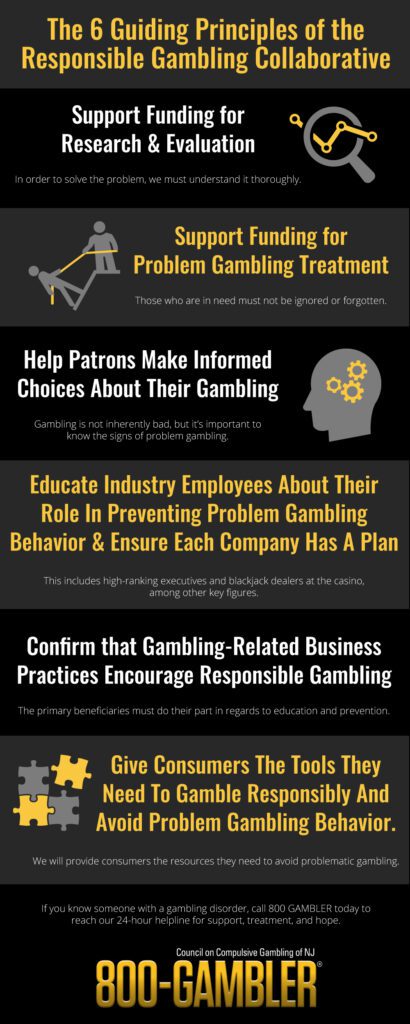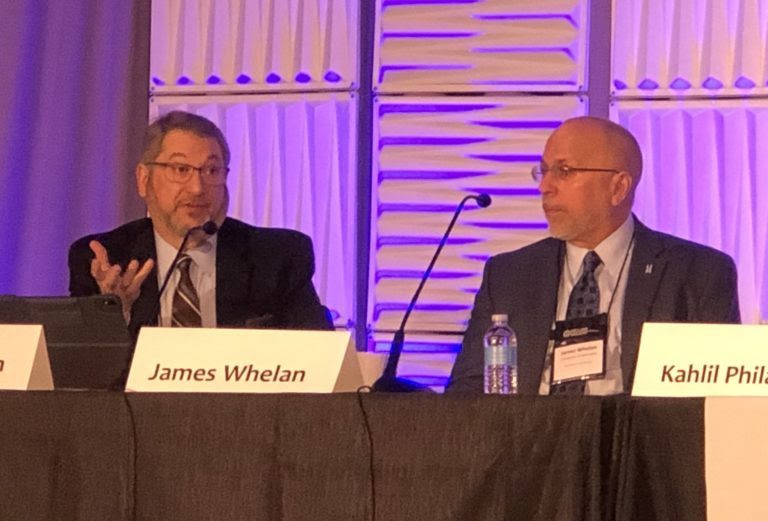For the first time ever in America, a comprehensive group of academics, researchers, advocacy groups, and organizations with a stake in the casino industry will work together to promote responsible gambling and come up with solutions to prevent problem gambling. This group is known formally as the Responsible Gambling Collaborative.
What Does the Responsible Gambling Collaborative Do?
According to Alan Feldman, a longstanding executive of the Casino Industry and Distinguished Fellow for Responsible Gaming at the University of Nevada Las Vegas’ International Gaming Institute, the Responsible Gambling Collaborative aspires to “make even greater strides toward smarter policies and better practices” in regards to addressing disordered gambling.
On January 13, 2020, at the National Council of Legislators from Gaming States (NCLGS) Winter Meeting in San Diego, Feldman and five panelists from the Responsible Gambling Collaborative agreed that the primary beneficiaries of legalized gaming — operators, equipment providers, state governments, and other key stakeholders — must be active participants in the effort to prevent disordered gambling and provide help to those who need it.
James Whelan, a Clinical Health professor at the University of Memphis who was one of the panelists, said that the Responsible Gambling Collaborative is “like a football team,” with everyone “reading from the same playbook.”
The 6 Guiding Principles of the Responsible Gambling Collaborative
The following infographic lays out the six guiding principles laid out by the Responsible Gambling Collaborative at the NCLGS Winter Meeting in San Diego:

What Has The Responsible Gambling Collaborative Done?
The Responsible Gambling Collaborative has conducted a study in order to gain a better understanding about how states are allocating tax dollars in regards to promoting responsible gambling and preventing problem gambling — particularly, the study focused on the 16 states that have been receiving gaming tax proceeds specifically for responsible gambling and problem gambling. Their research suggested the following:
-Indiana, Maryland, New Jersey, Nevada, New York, and Pennsylvania likely spent the money promoting responsible gambling and addressing problem gambling.
-Kansas, Louisiana, Missouri, and Oklahoma likely did not spend the money on those issues.
-In the other four states, California, Iowa, Mississippi, and Ohio, it’s a bit less clear — they may be diverting those funds to other issues, rolling back those dedicated funds, or in some cases, they may have never had a dedicated stream of funds for responsible gambling and problem gambling.
Keep an Eye on the Responsible Gambling Collaborative
As an organization with similar, if not identical values to the Responsible Gambling Collaborative, the Council On Compulsive Gambling of New Jersey is eager to see what this unique organization will accomplish in 2020.
Whether someone from Atlantic City is dealing with a gambling disorder and suicidal thoughts, or someone from Woodbridge needs help coping with depression and problem gambling, help is only a phone call away — dial 800-GAMBLER today to reach our 24-hour confidential helpline to find support, treatment, and hope for recovery from problem gambling.



